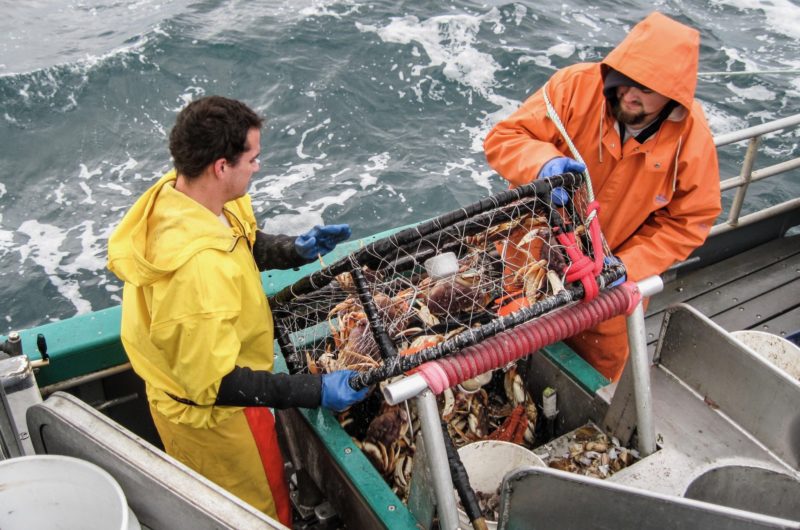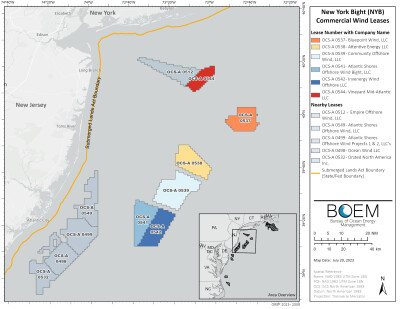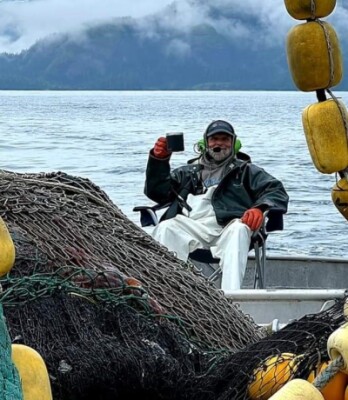On Wednesday morning, Nov. 14, as crabbers in California's San Francisco Bay prepared for the state's Dungeness crab opener today, the Pacific Coast Federation of Fishermen's Associations filed a lawsuit alleging that 30 fossil fuel companies are to blame for the past four years of delayed Dungeness crab seasons and disastrous economic losses. The reason? Ocean warming as a result of fossil fuel consumption.
"We're taking a stand for the captains and crew, their families, and the business owners that support the fleet," said Noah Oppenheim, the association’s executive director. "The fossil fuel companies named in our lawsuit knowingly caused harm, and they need to be held accountable. We are seeking to implement measures, at the fossil fuel industry’s expense, that will help crabbers adapt to a world in which domoic acid flare-ups will be increasingly common, and also help those crabbers who suffer financial losses as a result."
The lawsuit claims that these fossil fuel companies have been aware for nearly 50 years that "greenhouse gas pollution from their fossil fuel products has a significant impact on Earth’s climate, including a warming of the oceans" and that West Coast crabbers, their families and the communities they support have suffered "substantial economic losses due to those lost fishing opportunities."
"We’re out fishing all the time, and it’s obvious the oceans are getting warmer,” said Crescent City, Calif., crabber John Beardon. “That’s bad for crabs and other fish, and it’s bad for those of us who make a living on the water. The last three years have been really hard. Our community came together and held a fish fry to help our crew members. But fish fries and disaster relief are no solution to these closures we’re now seeing year after year after year.”
This summer, the government allocated $25.8 million in disaster assistance to those affected by the 2015-16 closure of California’s commercial Dungeness and rock crab fisheries. While that funding was welcome, it certainly didn't solve the problems of commercial fishing families coming off a series of tough seasons. Oppenheim said that that the 2015-16 closure cost the industry $110 million in lost revenue.
“In addition to seeking compensation from fossil fuel companies for losses suffered by crabbers and others from those closures, we’re demanding these companies pay for additional measures that will help mitigate future impacts," said Oppenheim. "Those costs should not fall on the shoulders of hardworking fishermen, first receivers, and their families when the only reason they’re needed is because of what the fossil fuel companies have done.”
In October, the Pacific Coast Federation of Fishermen’s Associations successfully sued the U.S. Environmental Protection Association to protect salmon and steelhead trout populations in the Columbia River basin from warm water temperatures caused by dams and climate change.
https://www.nationalfisherman.com/west-coast-pacific/pa-must-protect-salmon-from-rising-water-temperatures-in-washington/
In the midst of the lawsuit announcement, crabbers are going to work. According to the East Bay Times, crabbers were setting their traps early this morning. 20 million to 40 million pounds of crab are expected to be harvested this season.







